‘Excruciating’ endometriosis forced trans person to halt transition. Many more suffer in silence
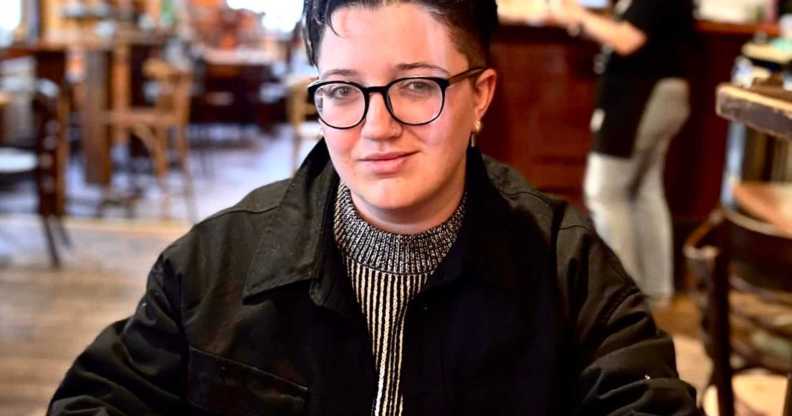
Jack Hyslop was diagnosed with endometriosis after years of painful periods. (Supplied)
Jack Hyslop had been suffering from painful and heavy periods for almost 20 years before he was diagnosed with endometriosis.
Endometriosis is a condition where cells similar to those found in the lining of the womb are found elsewhere, such as in the ovaries or the fallopian tubes.
The condition can affect anyone with a uterus, but trans men and non-binary people are too often excluded from information campaigns, while others struggle to access medical help.
Jack’s journey to an endometriosis diagnosis was long and complex – it was further complicated by the fact that he was preparing to start his medical transition when doctors first detected a problem.
After he came out as trans aged 29, Jack started to think about what his transition should look like. At the start of 2022, he decided he wanted to start taking testosterone. Around the same time, his condition worsened and he started to experience “excruciating” pain outside of his periods.
“The pain was so bad I’d be rolling around on the floor in agony debating whether to call an ambulance,” Jack tells PinkNews.
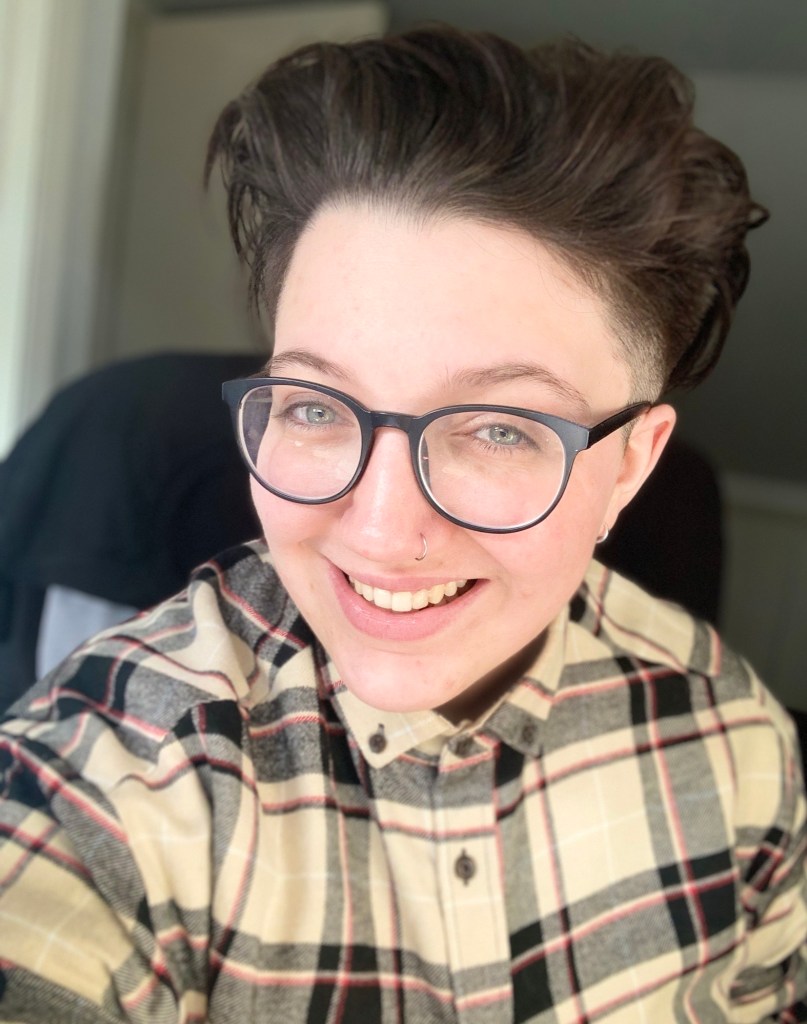
An ultrasound scan found a cyst on his left ovary which doctors said was getting bigger.
“Over the year the pain was becoming constant and I had some days where I was struggling to even walk and had to work from home and cancel plans,” Jack says.
While this was happening, Jack went to a private trans healthcare clinic to start his medical transition, but he was told he couldn’t start on testosterone until the cyst was removed.
“At this point, I had come out to everyone in my life, changed my name to Jack and asked everyone in my life to use he/him pronouns for me,” he says, but not being able to start testosterone meant he was constantly misgendered.
In November 2022, Jack underwent surgery to have the cyst removed.
“When I woke up I knew something else had gone on because I was in the worst pain I’d ever felt.”
Doctors explained that his ovary and fallopian tubes had become fused to his bowels.
“I was told there and then that this had all been caused by endometriosis.”
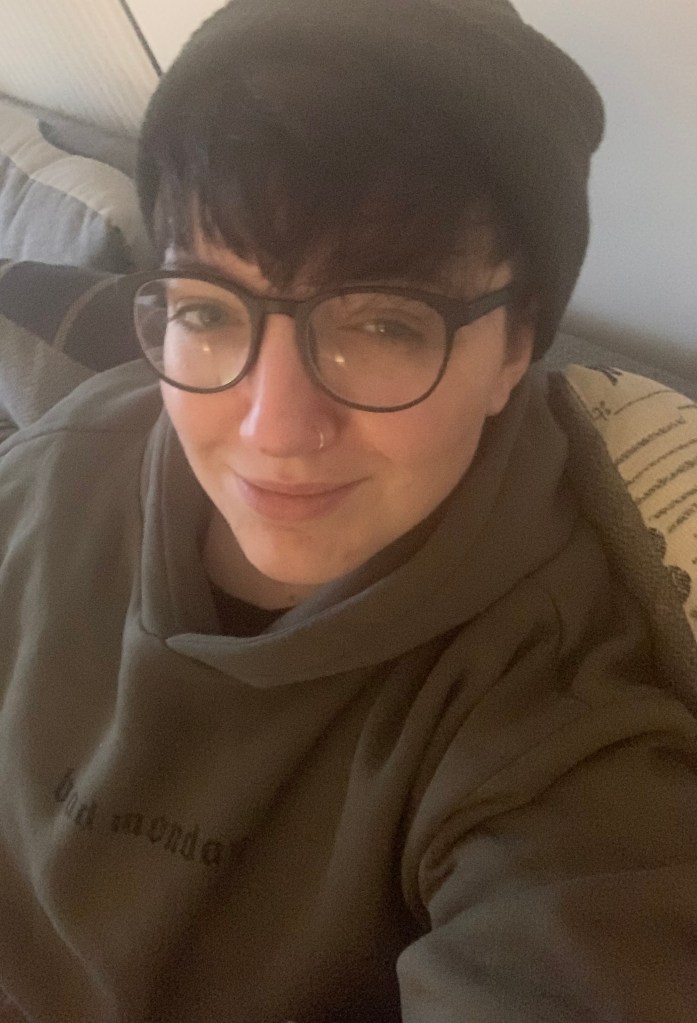
Thankfully, Jack’s surgery was a success, and his symptoms have eased. He doesn’t know what the future will look like right now – there is no cure for endometriosis – but having a diagnosis enabled him to finally start taking testosterone and push ahead with his medical transition.
“So far, I have had the most amazing experience of being on [testosterone],” he says.
“I honestly don’t think I’ve ever felt so happy.”
Gendered language ‘silences’ trans people with endometriosis
Faolan Hook is a trans man who spent years fighting for his endometriosis diagnosis – he says the lack of information for trans men and non-binary people and the use of gendered language makes it even more difficult to access the right supports.
“It silences the struggles transgender and non-binary folks go through to even access treatment at a GP level, let alone on a specialist level, because the language is so gendered and dysphoria-inducing, which in turn leads people to not see help for their health concerns,” Faolan says.
“Inclusive language encompasses everyone who suffers with endometriosis, cisgender or not. It’s important to look after everyone with the condition regardless of their gender identity.”
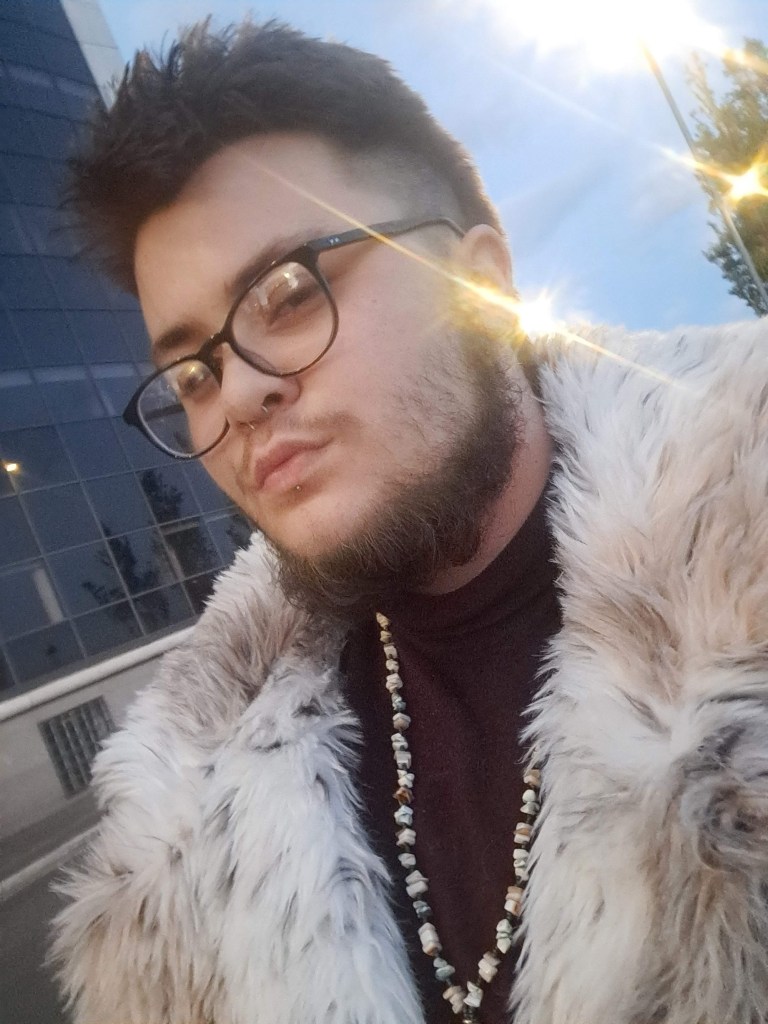
Faolan says there is not enough research into endometriosis among trans and non-binary people.
“A lot of treatments traditionally used for endometriosis aren’t viable [for trans people] due to hormonal reasons or reasons which aren’t well understood by the medical community,” he says.
Endometriosis UK, a national charity that provides support and information to those living with the condition, says trans men and non-binary people may face “additional challenges” in accessing care and support.
“Nobody should face discrimination in accessing care, and more must be done by governments to address the inequalities faced by those who don’t identify as female who have endometriosis, with regards to barriers in accessing endometriosis services and support, as well as disparities in experiences and outcomes,” a spokesperson says.
“Everyone with endometriosis deserves respect, support and access to healthcare.”
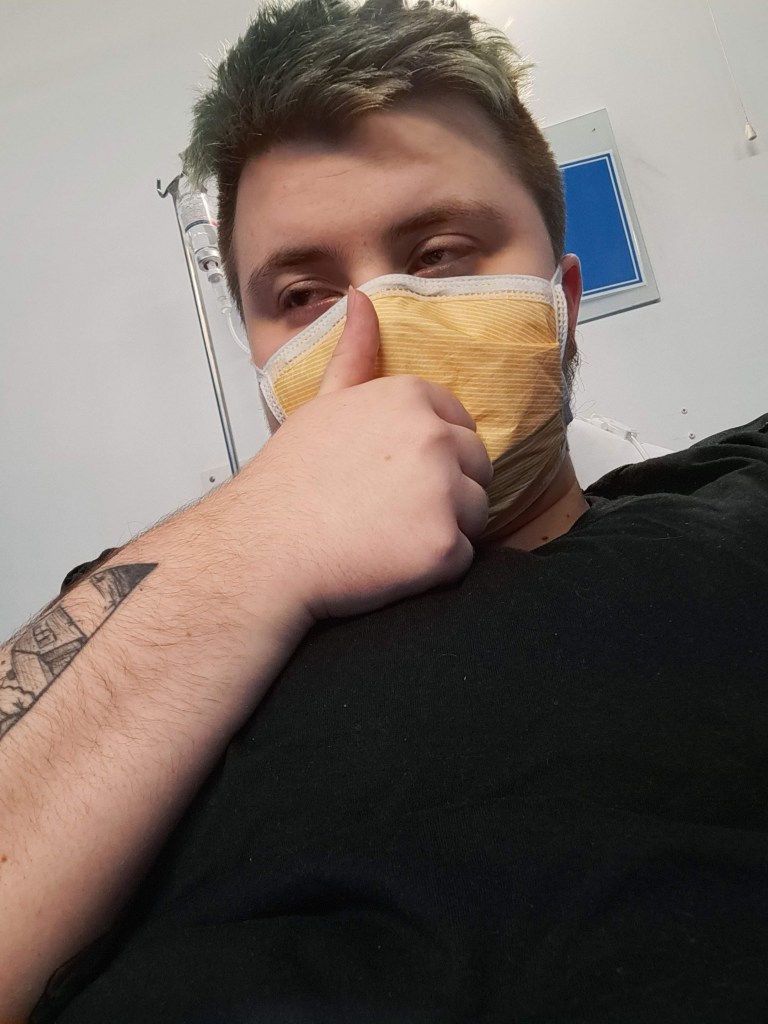
But there’s a long, uphill battle to go before the medical community recognises that trans and non-binary people can suffer from endometriosis. The NHS page on the condition, for example, only refers to women, making no reference whatsoever to the men and non-binary people living with endometriosis.
An NHS spokesperson said: “The NHS website provides information for everyone. We keep the content under continual review to ensure it use language that is inclusive, respectful and relevant to the people needing it.”
Cleo Madeleine, communications officer at Gendered Intelligence, points to recent census data as proof that there are “tens of thousands of trans men and non-binary people” who may need access to endometriosis supports.
“As we have seen with other aspects of gendered healthcare, like cervical screening and menopause care, a lack of representation can lead to trans people not getting the care they need – they may not even realise it’s available,” she says.
“Addressing this can be as simple as explicitly mentioning trans people in organisational policies or including them in informational materials.
“Gender identity services, menopause care, and endometriosis are united by long waits for treatment and social stigma.
“It’s important that everyone is included, not just for inclusion and diversity, but as part of a shared cause for better healthcare for all.”
How did this story make you feel?

